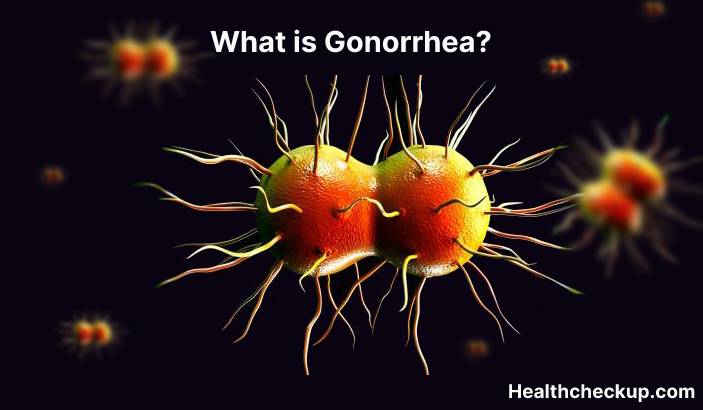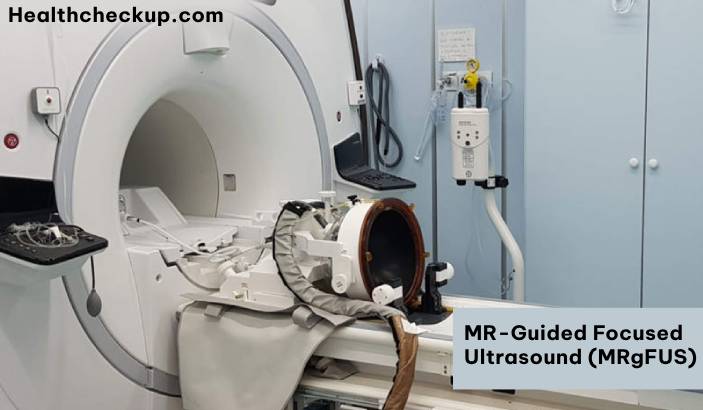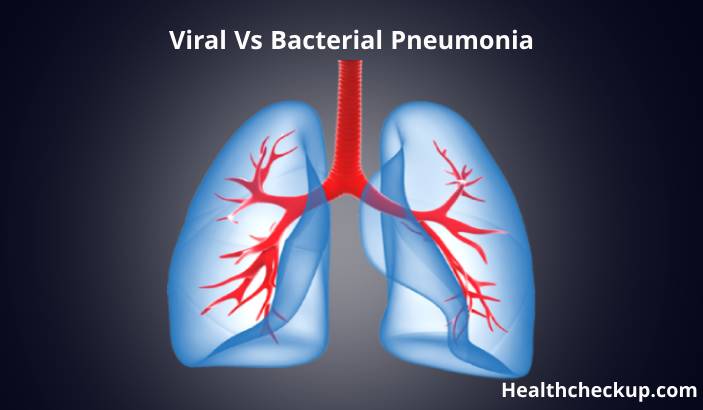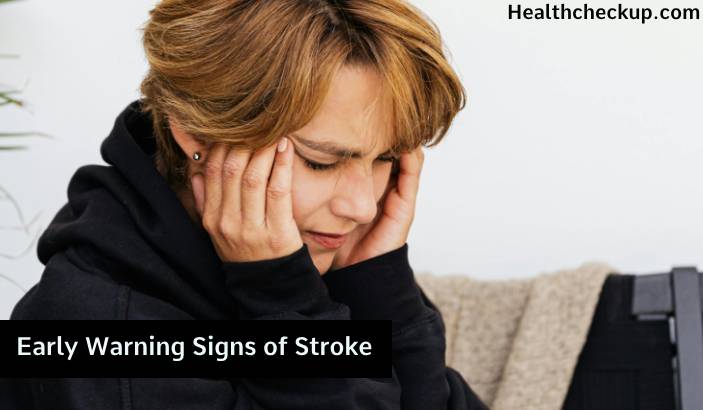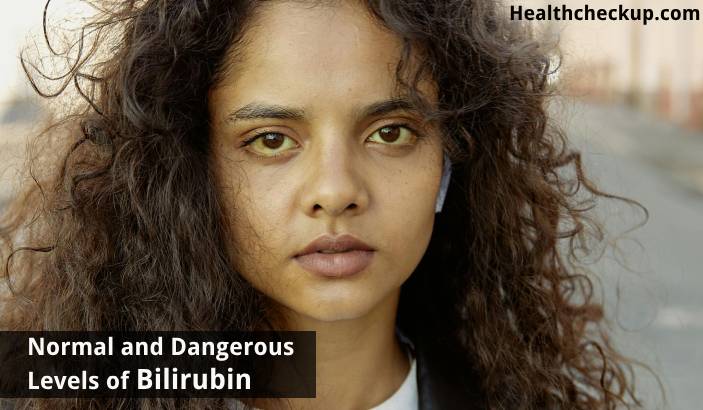Gonorrhea, also known as the “clap,” is a sexually transmitted infection (STI) caused by the bacterium Neisseria gonorrhea. Gonorrhea is transmitted through sexual contact, including oral, anal, and vaginal sex, and can infect the genitals, rectum, and throat. Gonorrhea is a common STI and can range from a mild, self-limited illness to a severe, potentially life-threatening condition.
Symptoms of gonorrhea
Symptoms of gonorrhea usually appear one to 14 days after infection and include:
- Discharge from the penis or vagina
- Burning during urination
- Pain or swelling in the genitals
- Pain or swelling in the anus (in men)
- Sore throat (in men who have oral sex with an infected partner)
Gonorrhea may not cause any symptoms, particularly in women. If left untreated, gonorrhea can lead to serious complications, such as infertility, pelvic inflammatory disease (PID), and ectopic pregnancy.
Diagnosis of gonorrhea
Gonorrhea is typically diagnosed based on the presence of characteristic symptoms and a history of sexual contact with an infected person. Laboratory testing, such as a nucleic acid amplification test (NAAT) or culture, can also be used to confirm the diagnosis.
Treatment of gonorrhea
Treatment for gonorrhea typically includes antibiotics, such as ceftriaxone and azithromycin. It is important to complete the full course of treatment to ensure that the infection is fully cleared. In severe cases, hospitalization is necessary to provide supportive care.
Prevention of gonorrhea
There are several steps that can be taken to reduce the risk of gonorrhea, including:
- Practicing safe sex: Using condoms and dental dams during sexual activity can help to reduce the risk of gonorrhea and other STIs.
- Limiting sexual partners: Having fewer sexual partners can help to reduce the risk of gonorrhea and other STIs.
- Getting tested: It is important to get tested for gonorrhea and other STIs on a regular basis, particularly if you have new or multiple sexual partners.
If you think that you have gonorrhea, it is important to seek medical attention as soon as possible. Early diagnosis and treatment helps to prevent complications. Your healthcare provider will work with you to develop a treatment plan. It is also important to inform your sexual partners if you have been diagnosed with gonorrhea, as they may need to be tested and treated.


